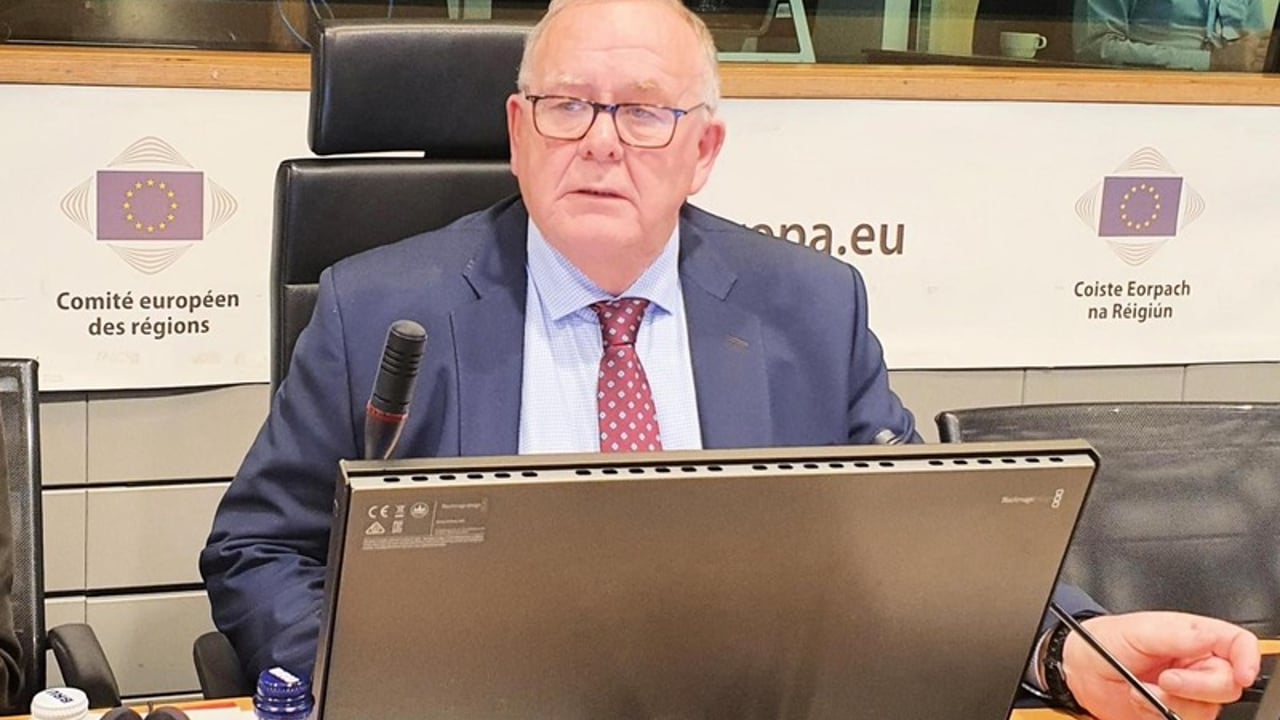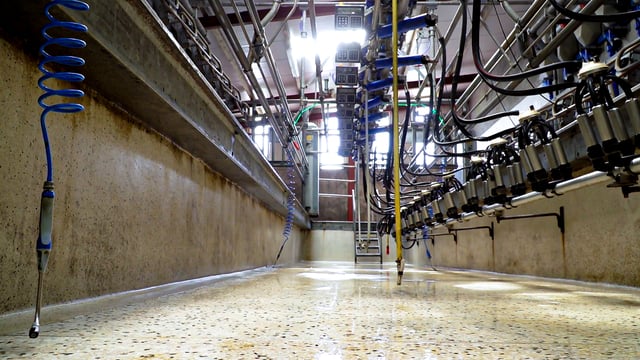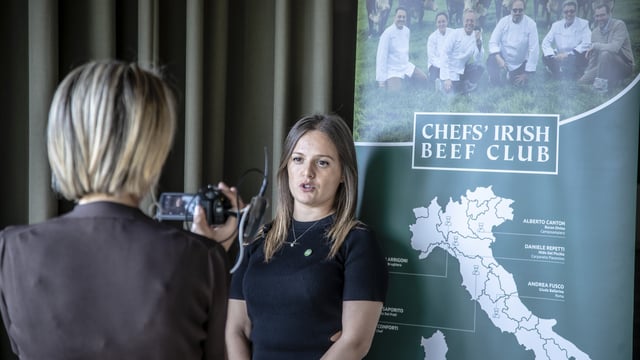Irish Rural Link CEO to become president of key EU advisory body
The CEO of Irish Rural Link (IRL), Séamus Boland, is set to become the president of a key body that advises the institutions of the EU.
Boland will be inaugurated as president of the European Economic and Social Committee (EESC) for the 2025-2028 term tomorrow (Thursday, October 23).
The EESC is one of two committees that were established by the EU treaties to advise the European Commission, the European Parliament and the Council of the EU (the other being the European Committee of the Regions).
The EESC, which has 329 members, is viewed as being representative of "civil society" and is consulted by the EU institutions on matters relating to a wide range of areas relating to economic development and social issues.
On some issues it is mandatory for the institutions to ask the EESC for its opinion.
Its members, which are drawn from employers; trade unions; and representatives of social, occupational, economic and cultural organisations, are nominated by the member states.
The committee has three component groups, representing employers, workers, and civil society organisations respectively.
Boland has already served as the president of the latter of those three sub-committees, and has served on the EESC for 14 years in total.
He has been the CEO of IRL for over 25 years, and has advocated for better services, social inclusion and addressing poverty in rural communities.
Irish Rural Link said Boland has worked to "ensure the voice of rural communities and civil society are at the table in policy formation".
Boland previously worked with youth and Traveller organisations in the midlands.
He will be the first Irish person to hold the role of EESC president.
Irish Rural Link said Boland's appointment to the role is "very timely" given the fact that Ireland will hold the position of presidency for the Council of the EU in the second half of 2026.
According to IRL, Boland's priorities as EESC president will be strengthening member participation in the EESC; upholding civil society's role in promoting equality and inclusion; ensuring a "fair and just" climate transition; and "championing a democratic EU, free from rising extremism".
The transport body also said that its CEO will work to produce an opinion on the proposed reform of the Common Agricultural Policy (CAP), "reflecting his deep commitment to sustainable rural development".
Boland commented: "There are many challenges facing the EU at present, from decarbonisation, poverty, inequalities, increase in extreme ideologies and increase in security needs.
"Civil society plays a key role in addressing these challenges and EU decision-makers must ensure that they engage with them," Boland added.





